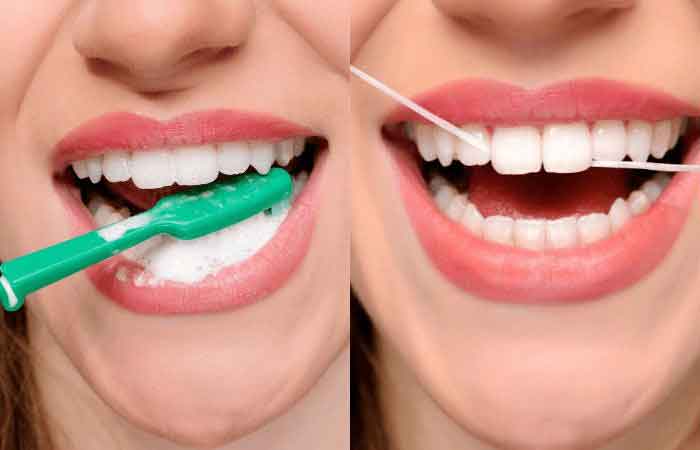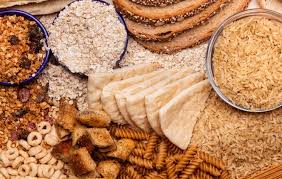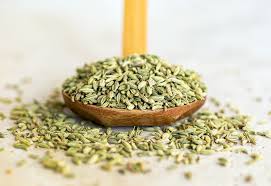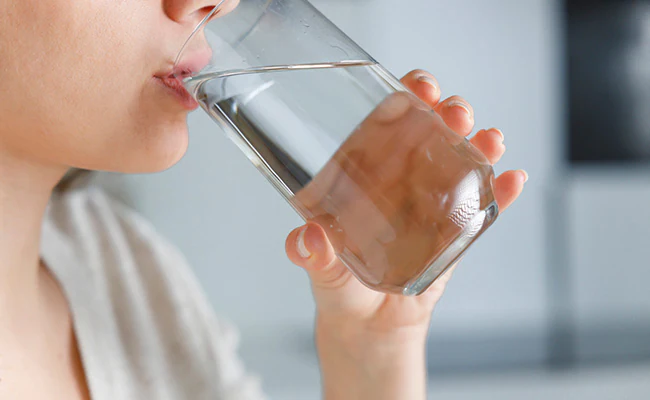Chronic bad breath, or halitosis, can be a persistent and embarrassing issue. While food choices like garlic can contribute temporarily, underlying factors like bacterial overgrowth are often the culprit.
This article explores the causes of chronic bad breath and offers natural solutions for fresh breath, including dietary changes, supplements, and essential oils. Once medical causes are ruled out, these methods can effectively combat bad breath and improve overall well-being.
What Is Bad Breath?
Halitosis, commonly known as bad breath, refers to unpleasant-smelling odors emanating from the mouth. It can be a temporary issue or a chronic condition. Most people experience bad breath at some point in their lives. The causes can vary; sometimes it results from the foods we consume, while other times it is linked to oral bacteria.
The primary contributors to oral malodor are volatile sulfur compounds (VSCs). These compounds can arise from the breakdown of food particles, dental plaque, oral diseases, and other factors. Maintaining good oral hygiene and addressing any underlying issues can help combat bad breath effectively.
Causes of Bad Breath
Bad breath, medically termed halitosis, is typically not a result of digestive disturbances but rather originates from the oral cavity, including the back of the tongue, throat, tonsils, teeth, and gums. These areas harbor bacteria that produce sulfur-containing compounds, leading to the characteristic malodorous breath. While temporary bad breath can be attributed to dietary choices and resolves after complete digestion, chronic cases may indicate underlying dental or medical issues.
Poor oral hygiene, certain diets, gum disease, tooth decay, dry mouth, trapped food particles, aging, smoking, and ill-fitting dental appliances are common culprits. Additionally, systemic conditions such as liver disease or diabetes can also manifest as persistent bad breath. Preventative measures include avoiding foods known to exacerbate the condition, such as onions, garlic, fried foods, sugary snacks, and sweetened beverages. Ensuring good oral hygiene and seeking timely dental care are essential for managing and preventing halitosis.
How to Treat Bad Breath Naturally at Home
1. Brush, Floss, and Tongue Scrape Daily
Maintaining oral hygiene involves three key practices: brushing your teeth, flossing between them, and scraping your tongue to remove bacteria and debris. Brushing removes food particles and plaque from the tooth surfaces, flossing cleans between teeth where a brush can’t reach, and tongue scraping eliminates bacteria from the tongue’s surface.
How It’s Done
- Brush: Use a natural toothpaste and brush your teeth for at least two minutes twice a day.
- Floss: Use dental floss to clean between your teeth at least once a day, ideally in the morning and night.
- Tongue Scrape: Use a tongue scraper to gently scrape your tongue from back to front, removing any residue and bacteria.
Benefits
- Removes plaque and food particles.
- Reduces bacteria in the mouth.
- Helps maintain overall oral hygiene.

2. Skip Sugars and Grains

Reducing sugar and grain intake helps to prevent the overgrowth of yeast and bacteria in the mouth and digestive system. Sugars and grains can feed harmful bacteria, leading to bad breath and other health issues.
How It’s Done
- Follow a diet low in sugar and high in probiotic-rich foods.
- Eliminate processed sugars, white bread, white rice, and even whole wheat products.
- Replace these with high-protein foods, high-fiber foods, healthy fats, and probiotic-rich foods.
3. Chew Fennel Seeds
Fennel seeds contain natural oils that stimulate the secretion of digestive juices, helping with digestion and freshening breath.
How It’s Done
- Chew a small amount of fennel seeds after meals.
Benefits
- Stimulates secretion of digestive juices.
- Reduces bad breath naturally.
- Aids in digestion.

4. Drink Lots of Water

Drinking water keeps the mouth hydrated and helps flush out food particles and bacteria that can cause bad breath.
How It’s Done
- Drink at least eight 8-ounce glasses of water daily.
Benefits
- Flushes out toxins.
- Keeps the mouth moist and reduces bacteria.
- Prevents dry mouth.